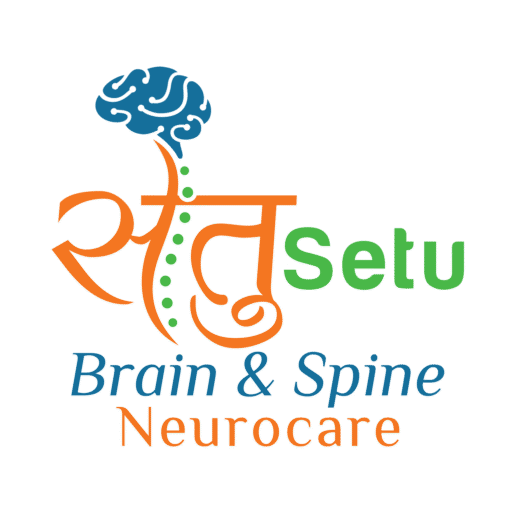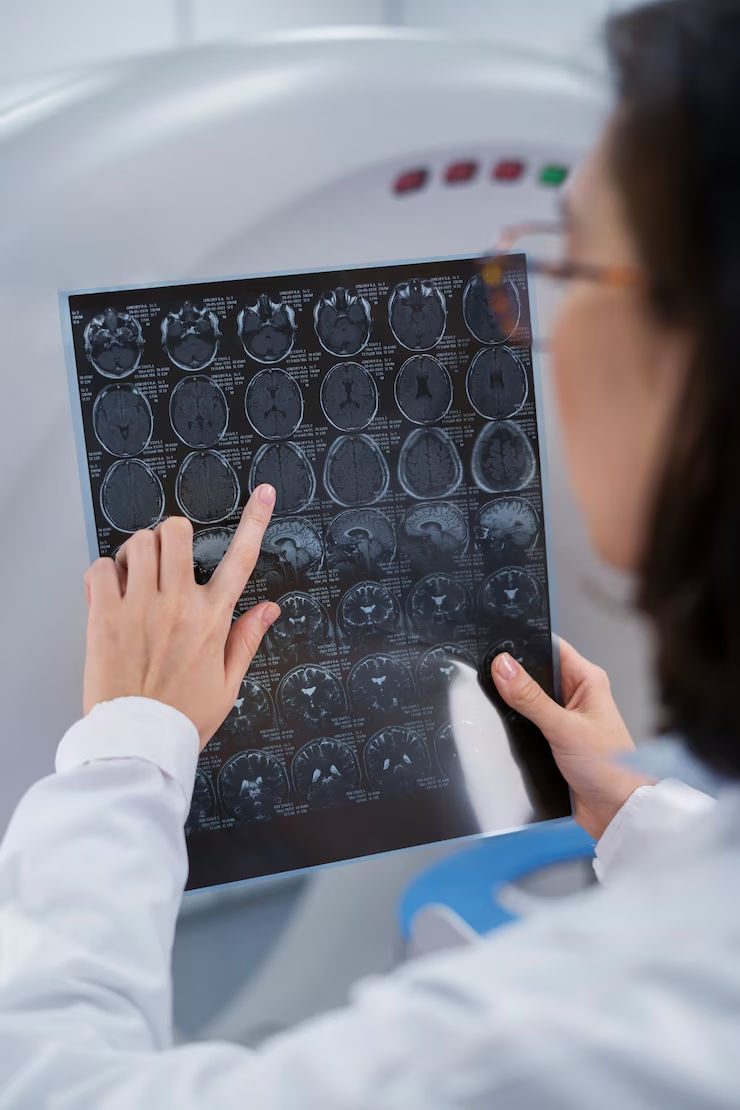

Schedule your initial consultation today and start your journey towards a pain-free, healthier smile. Contact us now!

means recording of the brain’s spontaneous electrical activity over a short period of time, usually 20–40 minutes. It is recorded from multiple metal discs/electrodes placed on the scalp. An EEG is one of the main and very important diagnostic tests for epilepsy. EEG also plays important role in diagnosis of other brain disorders.
⩥ An EEG is used to detect problems in the electrical activity of the brain that may be associated with certain brain disorders.
↪ Seizure disorders (such as epilepsy)
↪ Non epileptic seizures
↪ Head injury
↪ Encephalitis (inflammation of the brain)
↪ Brain tumour
↪ Altered mental state / confusion (Encephalopathy, disease that causes brain dysfunction)
↪ Memory problems and Dementia
↪ Sleep disorders
↪ Delirium
↪ Coma and Brain Dead Conditions
↪ There are absolutely no risks associated with an EEG. The patient is required to stay calm and comfortable during the test. It is completely painless and non-invasive.
↪ Wash your hair the night before or the day of the test.
↪ Please do not use any conditioners, hair oils, hair creams, sprays or styling gels.
↪ Avoid coffee, tea or energy drinks 6 hours before the test.
↪ Take your usual medications unless instructed otherwise.
↪ If you’re supposed to sleep during your EEG test, your doctor may ask you to sleep less or even avoid sleep entirely the night before your EEG.
For your first visit, please bring a valid ID, your insurance card, any current medications or a list of them, and any relevant medical records
For your first visit, please bring a valid ID, your insurance card, any current medications or a list of them, and any relevant medical records
For your first visit, please bring a valid ID, your insurance card, any current medications or a list of them, and any relevant medical records
For your first visit, please bring a valid ID, your insurance card, any current medications or a list of them, and any relevant medical records

Personalized care for brain and nervous system health.
Copyright © 2024 All Rights Reserved.